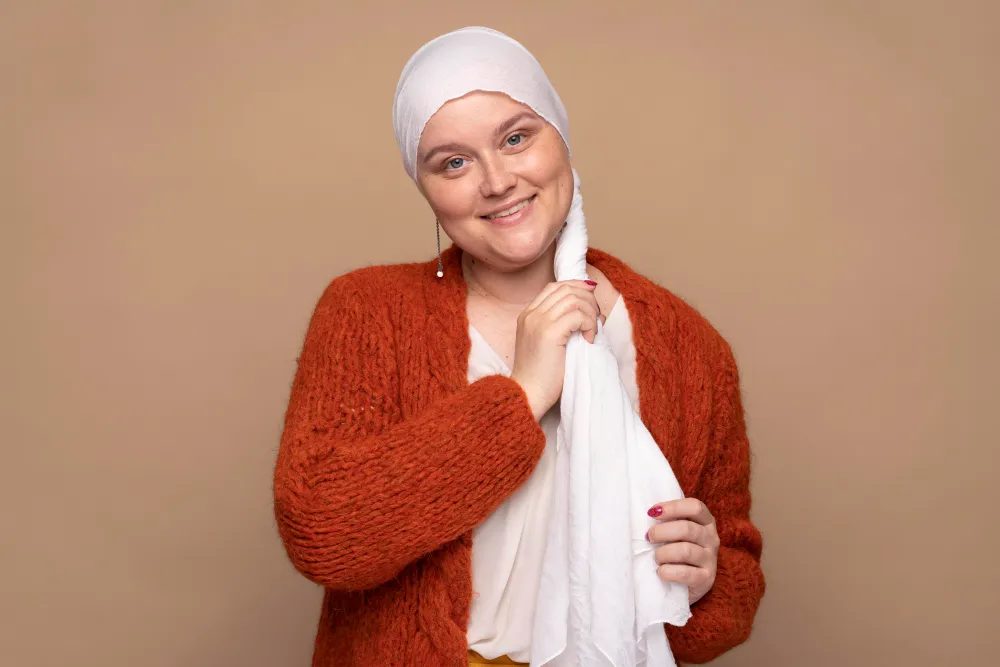Introduction
Financial hardship is an unfortunate reality for many cancer survivors. However, its magnitude and implications on the quality of life, particularly among African American and White cancer survivors, have not been underlined enough. A groundbreaking study titled “Financial Hardship and Quality of Life among African American and White Cancer Survivors: The Role of Limiting Care Due to Cost” sheds light on this pressing issue, revealing profound insights into how financial strain transcends into quality of care and overall well-being. The investigation underscores the dire consequence of limiting care due to costs and its partial mediation of the relationship between financial hardship and health-related quality of life (HRQOL).
Background
Cancer is a debilitating disease, both emotionally and financially. With mounting medical expenses, survivors are often confronted with substantial financial stress, a term recently characterized as “financial toxicity.” This stress can lead to patients postponing or foregoing treatment and can substantially impact one’s HRQOL. The socioeconomic divide further exacerbates these adversities, with minority groups often being hit the hardest. Consequently, the exploration of these dynamics is critical in crafting interventions to mitigate such disparities.
Study Overview
The research, led by Theresa A. Hastert et al., is based on data from the Detroit Research on Cancer Survivors (ROCS) pilot, a hospitally-based cohort including 988 participants diagnosed with breast, colorectal, lung, or prostate cancer. The study is chronicled in the “Cancer Epidemiology, Biomarkers & Prevention” journal, a publication associated with the American Association for Cancer Research. Using linear regression and mediation analysis, while controlling for demographic, socioeconomic, and cancer-related variables, the research team sought to establish the relationships between financial hardship, cost-related care limitation, and HRQOL.
Key Findings
The findings are profound: FACT-G scores, a measure of HRQOL, were noticeably lower among survivors experiencing financial hardship. The impact was more pronounced among African American survivors, where limiting care due to cost explained over half (50.5%) the association between financial hardship and HRQOL. For the overall population, the explanation rate stood at 40.5%. The study demonstrates that mitigating actions such as policy reforms in healthcare access can potentially improve HRQOL among cancer survivors, especially those in financially constrained circumstances.
Discussion
This study resonates heavily with the lived experiences of cancer survivors, painting a concerning picture of healthcare inequality and compromised well-being due to financial barriers. In the midst of debates around healthcare reform and equity, this research garners significant attention as it highlights a critical intersection between economic burden and healthcare outcomes.
Implications
The article informs that initiatives aimed at reducing out-of-pocket expenses and improving insurance coverage could play an instrumental role in enhancing the quality of life for cancer survivors. It also calls for oncologists, healthcare providers, and policymakers to take financial hardship into account when devising patient care strategies. Furthermore, it suggests avenues for future studies to explore the multifaceted nature of financial hardship and its broader impact on minority groups.
Conclusion
Financial hardship is an undeniable impediment to the well-being and recovery of cancer survivors, disproportionately impacting African Americans. As healthcare stakeholders, we must not only acknowledge the existence of this problem but actively seek out solutions that can alleviate the financial strain on these individuals. This pioneering study elucidates the profound connection between financial barriers and quality of life, urging a re-evaluation of the current systems in place and the establishment of more accommodating healthcare practices.
Keywords
1. Financial Hardship Cancer
2. Quality of Life Cancer Survivors
3. Cancer Care Costs
4. Racial Disparities in Cancer
5. Cancer Survivor Healthcare Access
References
1. Hastert, T. A. et al. (2019). Financial Hardship and Quality of Life among African American and White Cancer Survivors: The Role of Limiting Care Due to Cost. Cancer Epidemiol Biomarkers Prev, 28(7), 1202–1211. https://doi.org/10.1158/1055-9965.EPI-18-1336
2. Altice, C. K., Banegas, M. P., Tucker-Seeley, R. D., & Yabroff, K. R. (2017). Financial Hardships Experienced by Cancer Survivors: A Systematic Review. J Natl Cancer Inst, 109(2), djw205. https://doi.org/10.1093/jnci/djw205
3. Zafar, S. Y. et al. (2013). The Financial Toxicity of Cancer Treatment: A Pilot Study Assessing Out-of-Pocket Expenses and the Insured Cancer Patient’s Experience. The Oncologist, 18(4), 381–390. https://doi.org/10.1634/theoncologist.2012-0279
4. Kent, E. E., Forsythe, L. P., Yabroff, K. R., et al. (2013). Are survivors who report cancer-related financial problems more likely to forgo or delay medical care? Cancer, 119(20), 3710–3717. https://doi.org/10.1002/cncr.28262
5. Lathan, C. S., Cronin, A., Tucker-Seeley, R., Zafar, S. Y., Ayanian, J. Z., & Schrag, D. (2016). Association of Financial Strain With Symptom Burden and Quality of Life for Patients With Lung or Colorectal Cancer. J Clin Oncol. https://doi.org/10.1200/JCO.2015.63.2232
